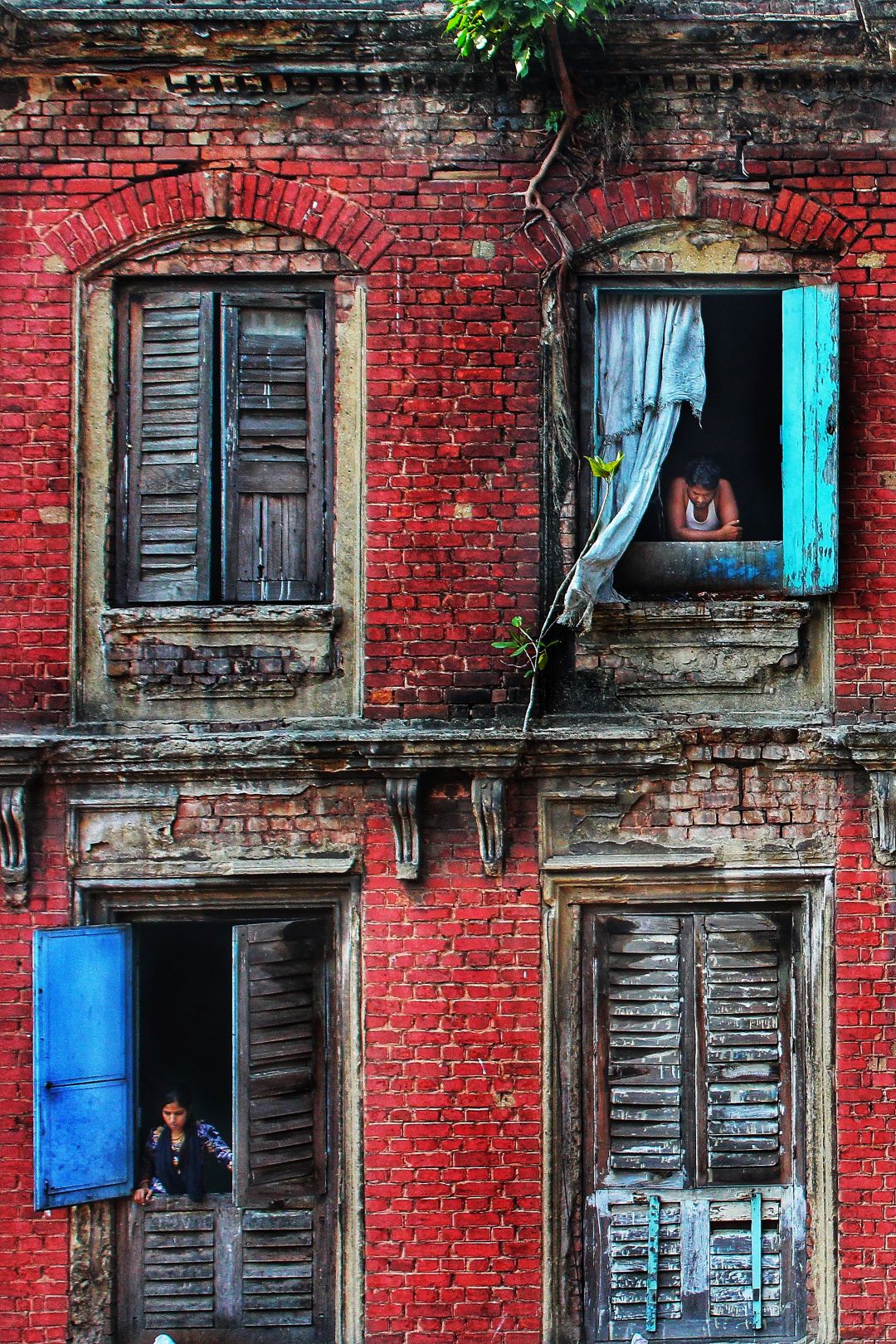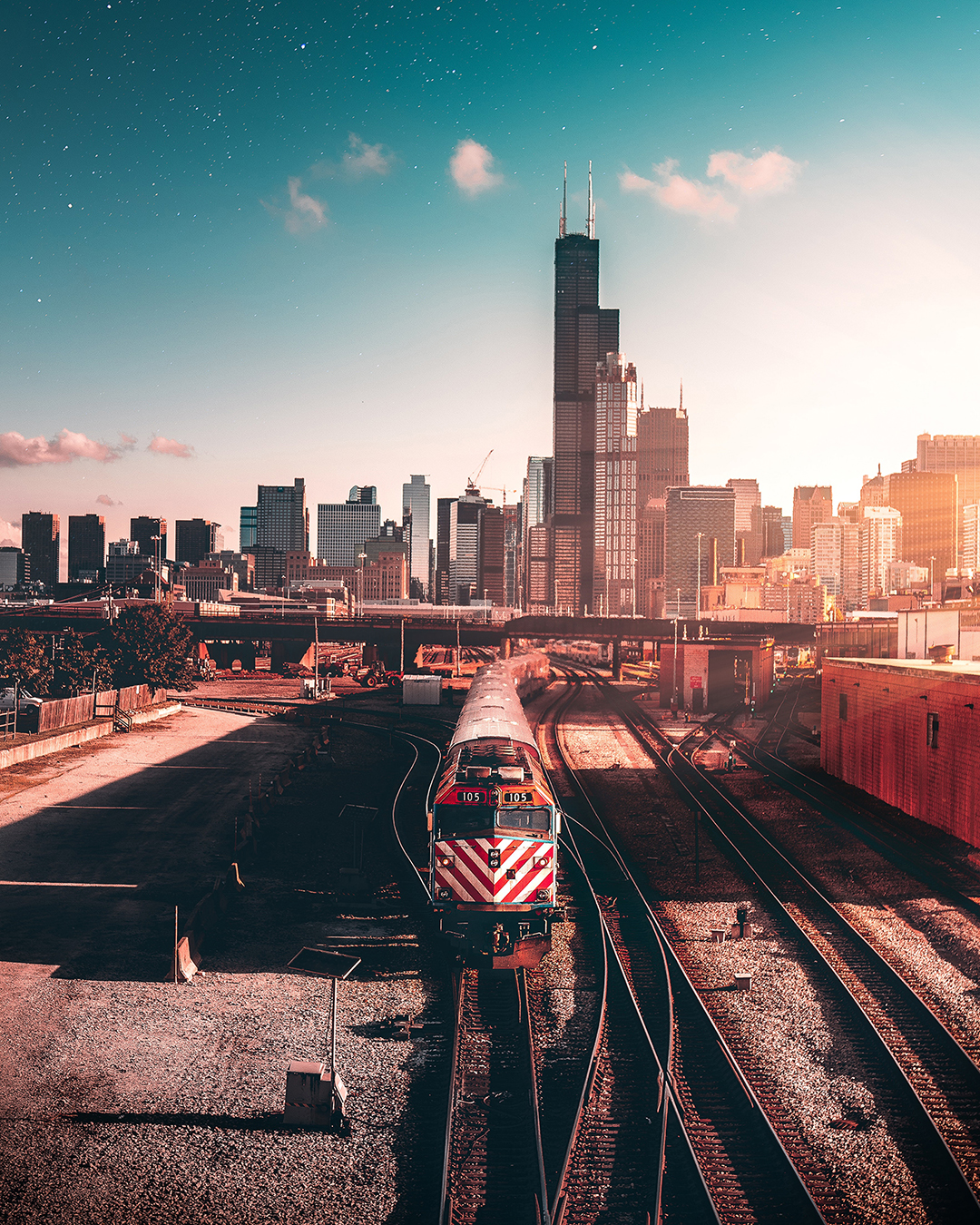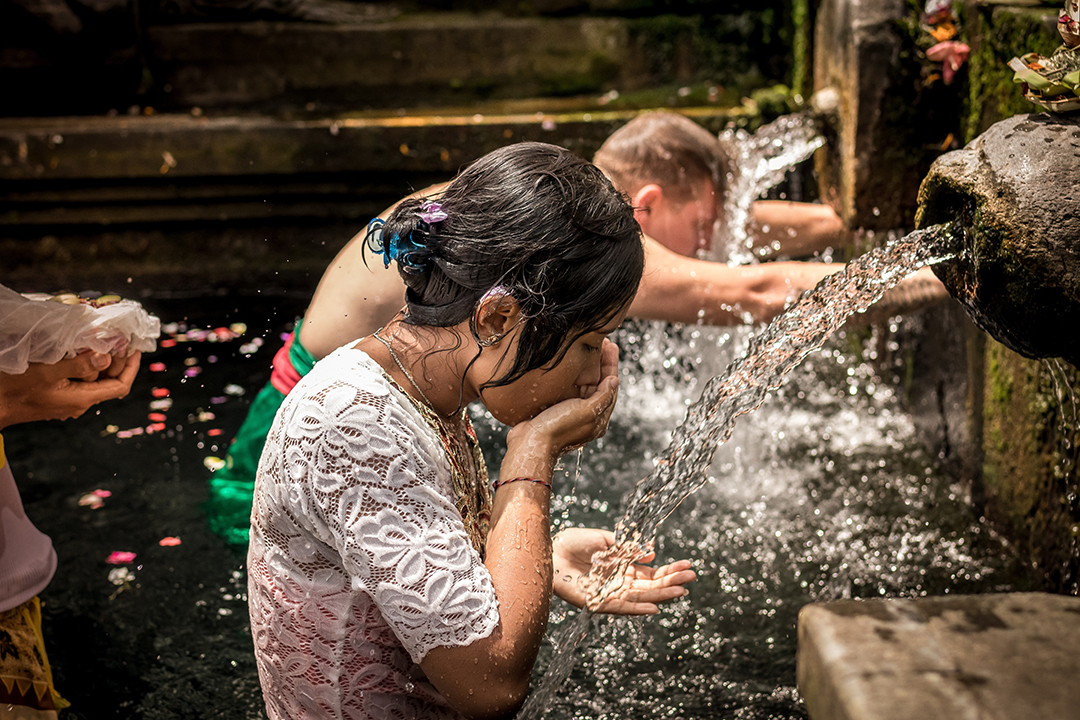What the Hell is Sustainable Tourism?
Since we all have an idea of what tourism is, let's briefly turn to the concept of sustainability before we really get started.
Achim Riemann
Around 90% of all climate emissions in tourism are caused by travelling from home to the destination and back home.
The term, and with it the principle of sustainability, was coined by the German Hans Carl von Carlowitz in 1713. He was a minor nobleman who worked for a major nobleman and was responsible for his forests, among other things. He noticed that it was possible to earn money quickly by cutting down and selling many trees. But since trees have to be 80–100 years old before it’s worthwhile to make boards and other useful things out of them, one shouldn’t cut down too many trees too quickly. Because then you might soon run out of trees that are old enough to harvest.
So, if the major nobleman cuts (well not himself) down too many trees and sells them, he does good business, but his son (the daughters, unfortunately, didn't count properly at the time) would no longer be able to do so because only his great-grandson could cut down the trees that had grown back. That is the principle of sustainability – don't take more than what grows back.
The old Lakota in the prairies of North America found an even better way of putting it in a nutshell. Don't do anything that could adversely affect the next seven generations. The so-called “seven-generation law”. I also think it's apt that what we do must be “enkeltauglich”. It’s hard to translate this German word properly. Don't do anything that could be bad for your grandchildren. If we really adhered to that, oh la la – all the things we would actually have to stop doing.
But we don’t need to stop travelling. We just need to change our habits and travel differently. Here are a few suggestions:
Inform yourself well before you start travelling
Find out as much as possible. The more you know about your destination, the more you will understand and discover about it – its culture, people, history, nature, customs, food…
Thanks! Grazie! ありがとうございました。Hvala! Kiitos!
Knowing just five words in the language of the locals can open doors, make people smile, can be a start to a nice conversation and shows respect. Don’t go back home after three weeks of holidays with never really talking to a local. And make your trip more authentic with questioning yourself:
- What do I actually understand about the country where I am?
- What are the people preoccupied with; what worries, what joys do they have right now?
- What is the main topic in their news right now?
Ok. You could now say: This doesn't reduce the climate emissions from my journey at all. You’re right, but at least you take a lot of knowledge and inspiration back home with you, which is also valuable.
Where to stay
Camping is usually more environmentally-friendly than a hostel, and hostels are usually more sustainable than hotels. Look for an accommodation that has a written policy covering their environmental impact and also employment and cultural policy. Ask for it. It’s important that the manager of the place understands that this is becoming an important topic for more and more people. And maybe you don’t need accommodation that comes with its own pool, gym, etc., which uses up lots of water, energy and other resources.
Explore different transportation options.
Around 90% of all climate emissions in tourism are caused by travelling from home to the destination and back home.
An overland journey is an experience in itself, a way to see how the landscape changes, the architecture, the language, the people who get on and off the train, the borders between countries that are visible or even not. That is all you miss out on if you jump from one air-conditioned terminal to another. Understanding travelling itself is part of the experience.
I think nobody should take a plane if the distance is less than 1,200 kilometres. Up to 24 hours on a train or bus can still be really fun. Ok, it can get hard afterwards if you’re not travelling on a sleeper train.
In case you really “need” to fly, search for an option where you don’t have to change planes, as 25% of emissions are produced on average during take-offs and landings. Don’t fly from Berlin via Istanbul to Rome, even though it might be the cheapest option. And offset your emissions. This means that you finance a project that saves exactly as many greenhouse gases as your cause. Have a look at Myclimate to find out how it works and how much it costs. More ideas on how to offset your carbon footprint can be found in Alenka’s article. And, please don’t fly to London over the weekend because the tickets are so cheap. This is really something the world cannot accept any more.
In general, offsetting our carbon footprint shouldn’t give us a feeling that we’re allowed to fly as often as we want, as long as we offset. Our world climate is in a situation where we should both: fly as little as possible and implement as many climate protection projects as possible.
Support the local economy
A few locals may work in a tourist resort, are often poorly paid, and the profits go to international corporations and foreign accounts of the super-rich. It’s better to stay in a small accommodation, eat in restaurants run by locals, go shopping at the market and drink your coffee in a real café. This way you experience the country and your money reaches the local economy directly. You’ll understand what kind of coffee the locals like to drink and not what a multi-national company thinks coffee should taste like. Check if the souvenirs you want to buy were really produced locally or were imported from China, for example. Find out how common it is to give a tip and how much. Some people really depend on earning extra money through tips.
Try to find out what events are happening
Don't just take part in the programme for tourists. What else is happening in the city? From church services to concerts and theatre performances... Try to find out where you can get the information.
Save water, electricity, towels, waste
When you’re spending your holidays in a region with little water, the electricity that’s being produced is probably “dirty”. Your waste probably won’t be recycled either. So, take it as a challenge to be as environmentally friendly as possible for the next two or three weeks of your holidays. And continue with the same practice at home!
Ask questions
By asking questions, you can show the owner of your accommodation or the staff at a restaurant that you care about the environment. Where does the trash go? How is the electricity in my room produced? What happens with the left-overs from the buffet? Where does the meat on my plate come from?
But do it in a respectful way because nothing is worse than an arrogant tourist who thinks they know how to do it better while relaxing, and the person they’re talking to has to work hard for little money.
Afterwards
Share responsible travel tips with others. Try to share tips with family and friends and tell them how they, too, can positively impact the world while enjoying their holidays. After returning home, continue informing yourself about the region/country you visited. Maybe you can get involved in some activities or join NGOs that operate in the region. Give back. Travelling often opens your eyes and heart to something new.
So much more could be done. These are just a few points. But I hope they’ve given you some ideas for your next holidays. May it be a wonderful experience, be it a far-flung place or even a nearby destination.
Fascinating and adventurous things can be discovered everywhere, if you know where and how to look for them. For more information about sustainability and eco-friendly travel inspirations, I invite you to read Jochen’s article.




